
THIS INFORMATION PLATFORM MAPS RESEARCH ACTIVITIES, PUBLICATIONS, EVENTS, AND OTHER PROJECTS DEDICATED TO THE DYNAMICS OF POPULAR CULTURE IN EASTERN AND EAST-CENTRAL EUROPE IN RECENT DECADES.
THIS PLATFORM IS PART OF THE LEIBNIZ COOPERATIVE EXCELLENCE PROJECT “ADJUSTMENT AND RADICALISATION: DYNAMICS IN POPULAR CULTURE(S) IN PRE-WAR EASTERN EUROPE” AT THE LEIBNIZ CENTRE FOR LITERARY AND CULTURAL RESEARCH (ZFL) IN COOPERATION WITH THE LEIBNIZ INSTITUTE FOR THE HISTORY AND CULTURE OF EASTERN EUROPE (GWZO), THE LEIBNIZ CENTRE FOR CONTEMPORARY HISTORY (ZZF), AND THE CHAIR FOR SLAVIC LITERARY AND CULTURAL STUDIES AT THE UNIVERSITY OF POTSDAM
RESEARCH
Through popular culture, societies project their collective fears and desires, inner conflicts, and contradictions. It redefines national and social symbols and narratives while being both global and local at the same time. Popular culture in Eastern and East-Central Europe has fulfilled various functions since the 1980s, bringing forth models of nation, society, family, home, and other collective belongings. In its double role, it contributed to dissident and subcultural movements while also facilitating the normalization of conservative and nationalistic discourses. The joint project “ADJUSTMENT AND RADICALISATION: DYNAMICS IN POPULAR CULTURE(S) IN PRE-WAR EASTERN EUROPE” traces the contradictory dynamics of popular culture in the region from a comparative and interdisciplinary perspective.
Six subprojects examine various cultural phenomena in Belarus, Poland, Russia, Ukraine, and Hungary, focusing on such diverse problems as: convergences between popular culture and populism, complex traditions of folk music and humor, the role of social media and new digital formats, the persistent influence of the Second World War on contemporary imagination, contested spaces in recent TV series, links between anti-gender politics and Holocaust popular novels, and many more.
WHAT'S ON
Popular Dynamics is a platform that connects scholars and practitioners of popular culture of Eastern and East-Central Europe. It maps publications, events, and other projects dedicated to the dynamics of popular culture in the region in recent decades and offers new insights into current research on the topic.
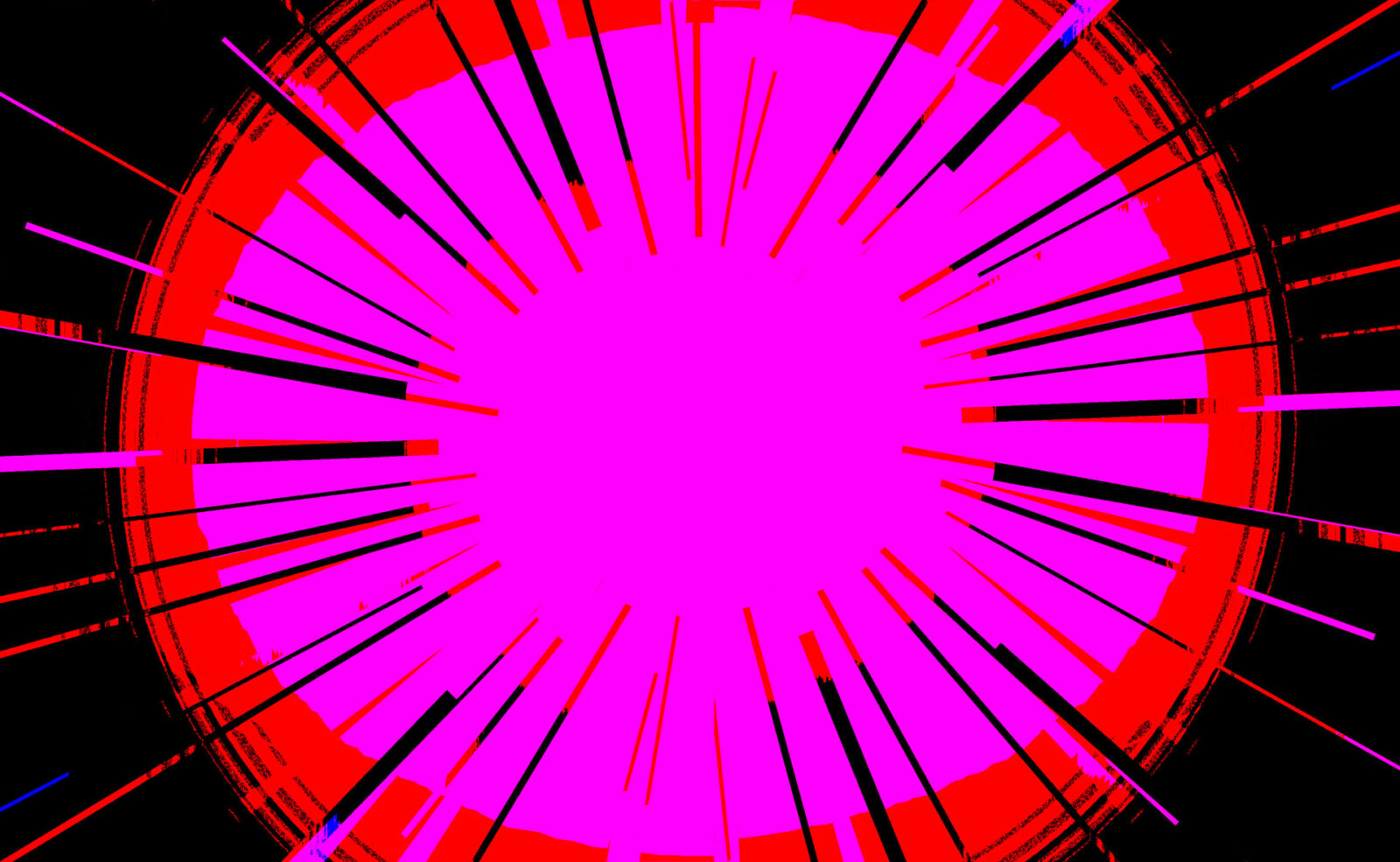
New blog text by Matthias Schwartz on Ukrainian bestselling author Illarion Pavliuk

NEW DEADLINE: “Performing Imagined Communities on Stage”
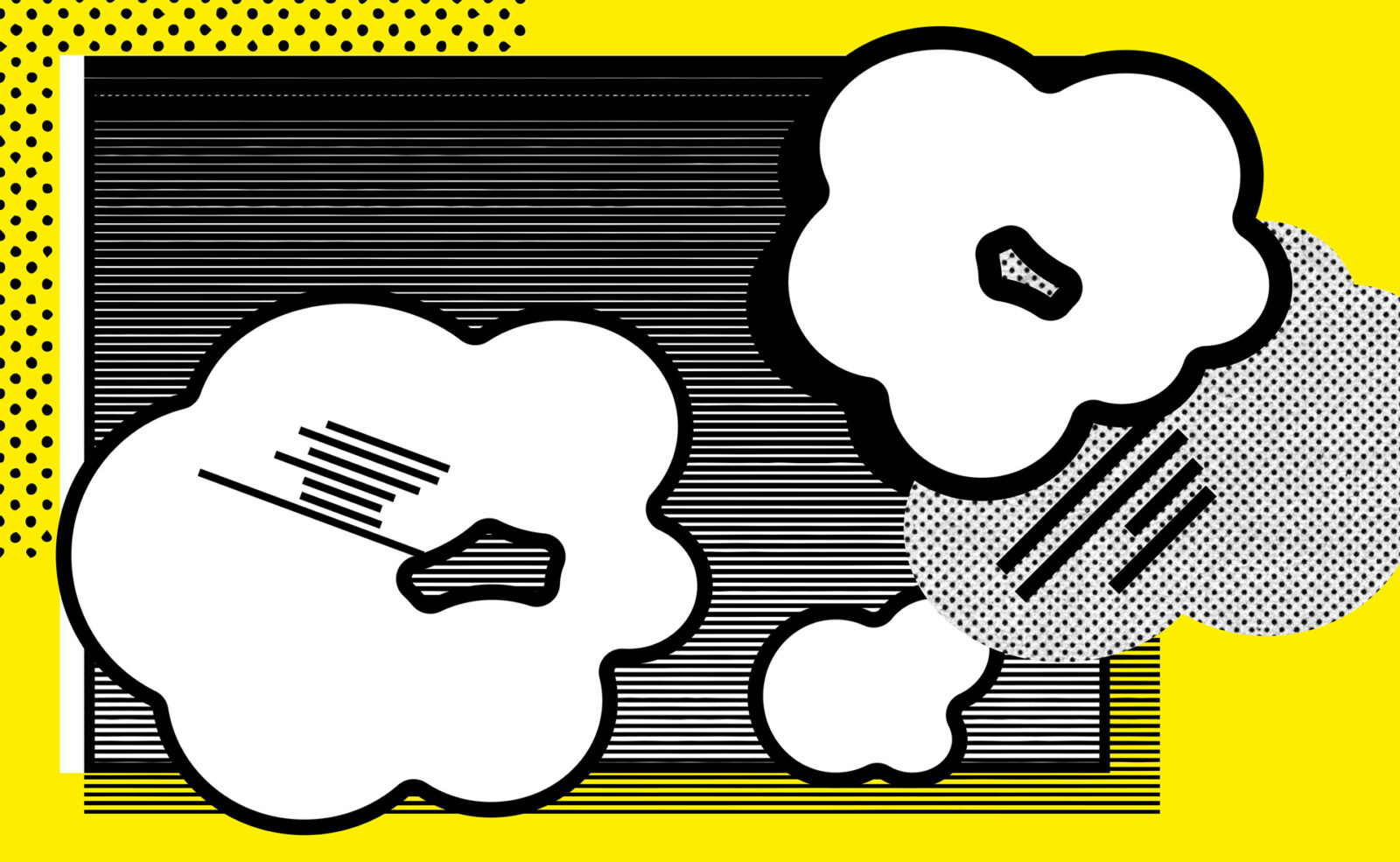
Sofiya Filonenko’s lecture on “Contemporary Ukrainian Bestseller”

New issue of “Baltic Worlds” on music and Russia’s war against Ukraine

Report on “Common Resentments, Diverging Plots” workshop

Conference “Potential Solidarities”at the University of Potsdam
TEAM

Dr. Matthias Schwartz
Matthias Schwartz is the head of the project. He focuses on popular series, films, and talk shows.
Prof. Dr. Magdalena Marszałek
Magdalena Marszałek, professor of Slavic literary and cultural studies at the University of Potsdam and co-head of the project, explores the intertwining of popular culture and populism.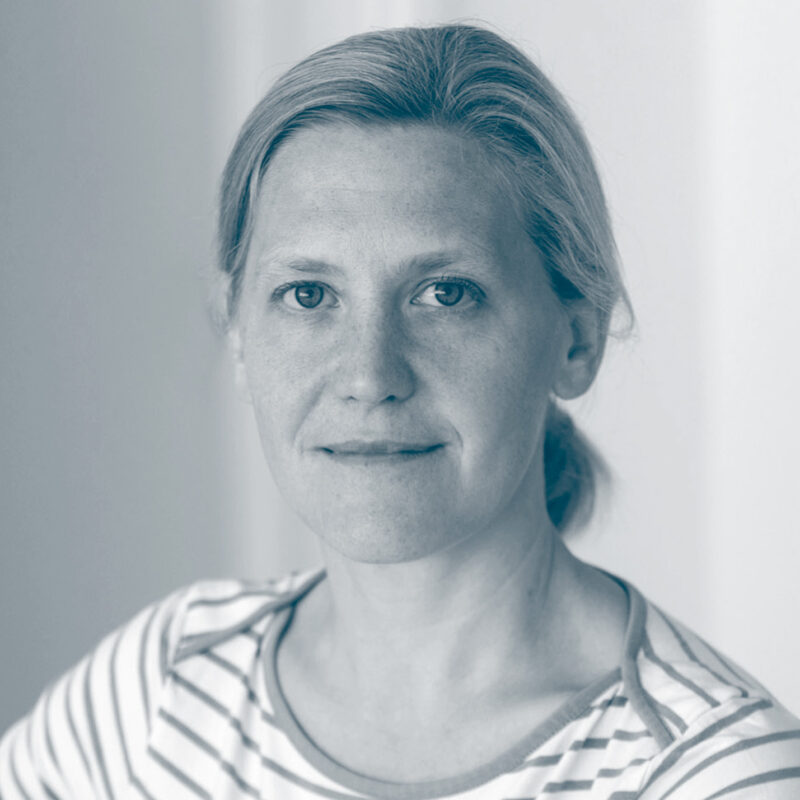
Prof. Dr. Juliane Fürst
Juliane Fürst is the head of the department “Communism and Society” at the Centre of Contemporary History in Potsdam. She is interested in histories “from below” and “on the margins” of Soviet and post-Soviet society.
Dr. Stephan Krause
Stephan Krause is a researcher at the GWZO in Leipzig. His research deals with questions and problems of reception phenomena in literature, film, and (not only popular) media.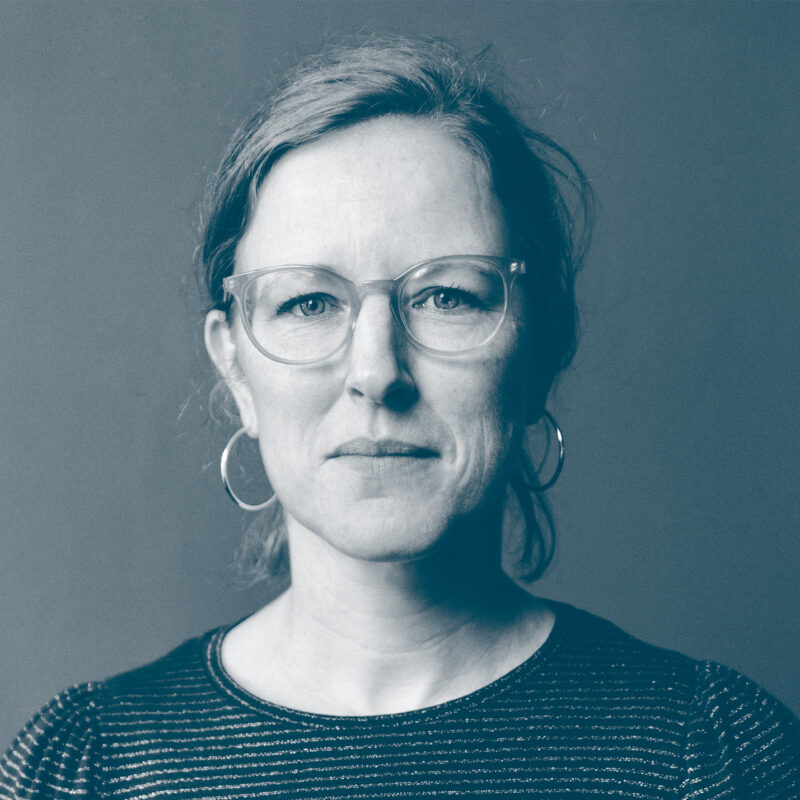
Dr. Nina Weller
Nina Weller is a researcher at the ZfL. Her work within the project focuses on historical images and figures of resistance in Eastern Slavic popular culture.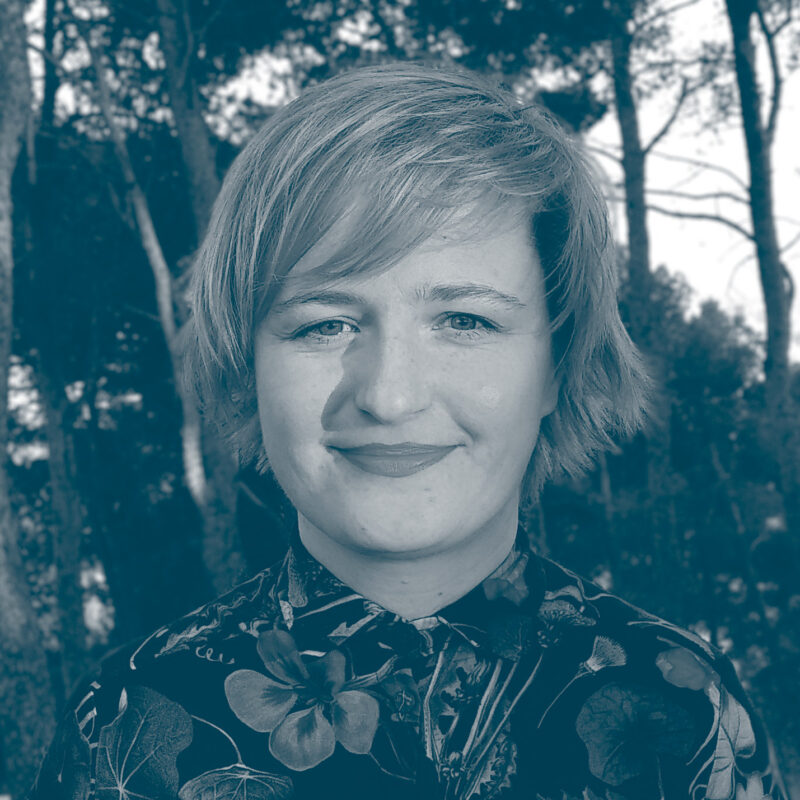
Dr. Aleksandra Szczepan
Aleksandra Szczepan is a postdoctoral researcher at the University of Potsdam. Her project focuses on civil and military imageries of Polish popular culture since the 1980s.
M.A. Daria Ganzenko
Daria Ganzenko is a research associate at the ZZF and a doctoral candidate. In her project, she examines verbal humor and the development of stage comedy in late Soviet and post-Soviet Russia.
M.A. Indira Anna Hajnács
Indira Anna Hajnács is a doctoral candidate at the GWZO. Her research focuses on the role of hybrid folk music genres in shaping Hungarian cultural memory and identity from the 1970s to 2024.ABOUT
Since the 1980s, popular culture has fulfilled a number of specific functions in Eastern and East-Central Europe: it served to mediate Western trends, images, and stories while also redefining national, religious, or state-socialist symbolisms and narratives. Regarding models of society, family, home, and other identities, popular culture has the potential to link notions of modernity, zeitgeist, and material wealth with both progressive and conservative values. It may contribute to a subcultural, oppositional, or dissident radicalisation, but also to a rather uncritical consumerism and normalisation of nationalist discourses. Thus, popular culture emerges as a vehicle for both collective wishes and dreams, latent frustrations and fears. From a cultural studies perspective, it is particularly interesting to examine the aesthetic and medial resources used in popular cultural products and practices and how they become politically effective, thus shaping the social debates within these cultures. To avoid a one-sided observation of popular culture as a form of counterculture and “resistance” against cultural hierarchies and structures of power, we must consider its problematic potentials. These may not only be found in popular culture’s commercialisation, but also in populist radicalisation and a discursive adaptation to political power relations. As both an indicator and a booster of societal moods, popular culture plays a key role in understanding socio-political developments.
This joint project explores the developmental dynamics of popular cultures in Belarus, Poland, Russia, Ukraine, and Hungary since the 1980s from an interdisciplinary and a comparative perspective. Headed by the ZfL and in cooperation with the Leibniz Institute for the History and Culture of Eastern Europe (GWZO), the Leibniz Centre for Contemporary History (ZFF), and the Professorship for Slavic Literature and Cultural Studies (with a focus on Polish Studies) at the University of Potsdam, the project will conduct a series of case studies to research popular culture phenomena and genres. The subprojects take on a literary, historical, or culture and media studies perspective to address popular-cultural phenomena and figures in different genres: from literature, film, and the fine arts to TV shows, folk and popular music, videos, memes, murals, and graffiti to political journalism and social media. The comparative, interdisciplinary examination of popular-cultural products and trends promises new insights into their dynamics—from the euphoric awakening of democratisation in the 1980s and 1990s to the current rise of nationalist ideologies and right- wing populist or authoritarian political structures. Furthermore, the project’s layout allows us to map out the similarities and differences between the analysed late and post-socialist national popular cultures and their development.
Beyond the work in the individual subprojects, the joint project will build an international research network to obtain a better universal understanding of general dynamics and operating principles of popular culture in the light of digitalisation, globalisation, and their respective conditions.




